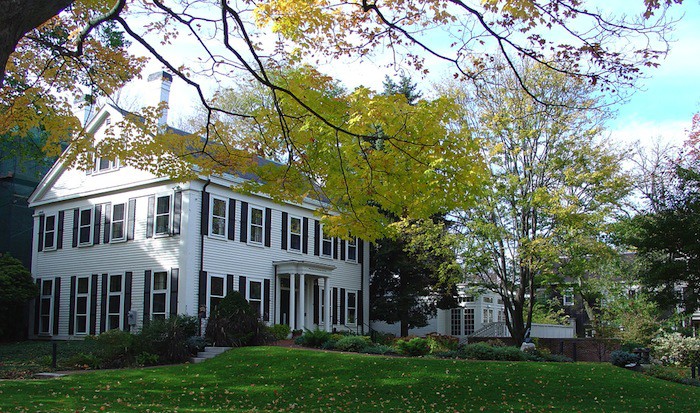
On Wednesday, the Nieman Foundation announced the 2020-2021 class of Nieman Fellows. Welcome to Bukola Adebayo, Yasmin Amer, John Archibald, Joseph Bernstein, Marc-Olivier Bherer, Austin Bogues, Samantha Broun, Emily Corwin, Scott Dance, Robert Frederick, Sarah L. Kaufman, Vidya Krishnan, Willoughby Mariano, Amber Payne, Alissa J. Rubin, and Maxwell Strachan! (Follow them all with this handy Twitter list.)
If you didn’t get around to applying for a year-long fellowship this year, take heart: We’re offering remote visiting fellowships around projects that address racial justice and public health in the U.S. From the Foundation’s announcement:
This special initiative, designed to complement our yearlong fellowship program, will offer targeted research opportunities and specialized training to individuals in the U.S. with innovative ideas to advance the representation of journalists of color throughout the news industry; improve coverage of underreported stories and communities; explain the impact of coronavirus on an area or group; or enhance reporting expertise and coverage of public health.
These fellowships are open to a broad range of people. If you’re wondering if you should apply, you should.
Those who should consider applying include journalists, publishers, technologists, entrepreneurs, programmers, designers, media analysts, academics and others who want to make an impact on journalism. There is no age limit or academic prerequisites and a college degree is not required.
The fellowship is open to the broadest range of journalists, from those with legacy affiliations to those who work independently. We are especially interested in applicants from community media (including but not limited to Black, Latino, Asian and Indigenous news outlets) and anyone who works to serve communities that are underrepresented in media.
Applicants will not be expected to take a leave of absence from their organizations if awarded a Visiting Fellowship. Those who intend to continue their work within a news organization must request a letter of support from their supervisor, which should state the intent of the news organization to permit the applicant to work on the project for the duration of the fellowship period.
Freelance applicants and academics are not required to have a letter of support but should indicate potential partner organizations for any publishing or other actionable component of their project.
You can learn more about the visiting fellowships and apply here. Applications are due September 25.